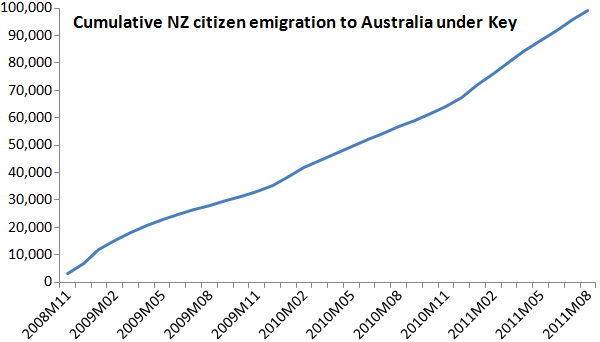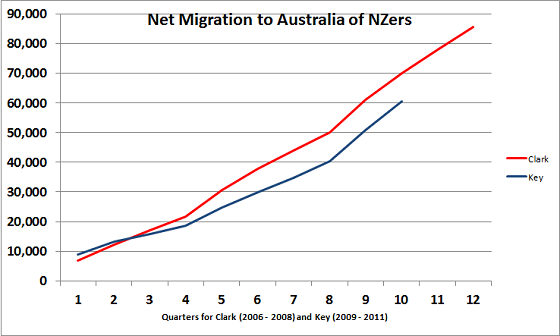Thanks to all who added nominations for our second Stat of the Week competition.
This week we’ve chosen Tony Cooper’s nomination of NZ Herald’s article (reprinted from The Independent) on television’s “lethal” impact.
I (sadly) enjoy the way newspapers take a statistical correlation from scientific journals and turn them into cause-and-effect producing the “television kills” conclusion. A Nobel prize for the Herald, please.
Entertaining for statisticians but perhaps not for the lay public. Very disappointing for someone who watches TV after going for a run and now learns that the TV has undone the benefits of the run.
The nomination was also seconded by Eric Crampton:
Tons of places have been reporting on the “This hour of TV Watching costs you 22 minutes of life” study. But It’s nonsense. Here’s why.
The paper they’re referencing, out of Australia, just extrapolates to some life expectancy tables the results from Dunstan et al, available here: http://t.co/CZZxF36
What do Dunstan et al find? Controlling for some health-related covariates, there may be an increased risk of mortality with TV watching. But have a look at their confidence intervals. First off, their baseline risk is watching less than 2 hours of TV per week. So it’s complete nonsense to talk about an hour costing 22 minutes. Then, the RR for 2-4 hours of watching per day, after controlling for confounds, has a 95% confidence interval that always includes 1.0. To me, that means there’s no statistically significant relationship even if the point estimates on RR are >1.
They’re able to get CIs that don’t include 1.0 on all-source mortality for >4 hours daily watching, but boy do I worry about baseline characteristics of that group being far worse than for the lower watching groups. Yeah, they control for that, and controlling for it reduces the relative risk. But when you can substantially reduce the RR for the health confounds for which you CAN adjust, how much would you additionally reduce the RR for those unobservable health characteristics for which you cannot adjust?
The whole thing just seems sensationalistic. The most you could pull out of the study is that folks watching more than four hours of tv per day may have higher risk of all-source mortality, but that a lot of it may well be due to unobservable health differences between the kind of folks who watch 6 hours of TV per day and the kind of folks who don’t.
Congratulations Tony!
(PS: Bryan Clarke’s nomination about 2 degrees Celsius not being half of 4 degrees Celsius is something which irks various members of the department too but isn’t really statistics.)

